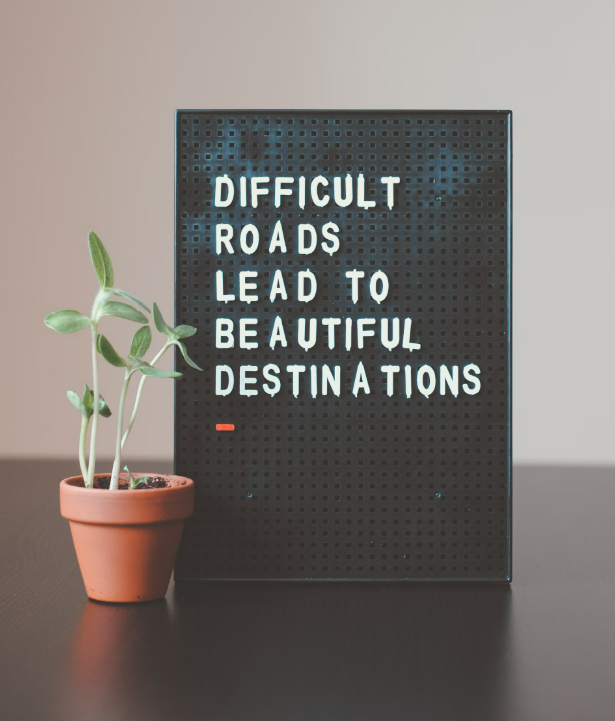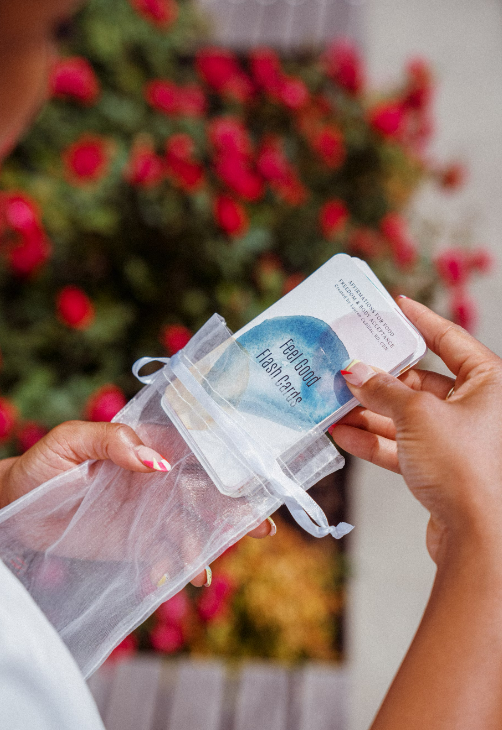In today’s fast-paced world, the constant hustle often leaves us overwhelmed and disconnected from the present moment. Mindfulness, the practice of staying fully engaged and aware of what’s happening right now, has emerged as a powerful antidote to stress, anxiety, and burnout. Its benefits are supported by a wealth of scientific research, making it not just a trend but a lifestyle approach worth embracing.
What Is Mindfulness?
Mindfulness is the practice of intentionally focusing on the present moment without judgment. It involves being aware of your thoughts, feelings, bodily sensations, and surrounding environment. Instead of letting your mind drift into worries about the past or future, mindfulness grounds you in the "now."
Why Is Mindfulness Important?
Reduces Stress and Anxiety:
Research shows that mindfulness-based stress reduction (MBSR) programs can significantly lower cortisol levels—the stress hormone. By focusing on the present, mindfulness helps break the cycle of ruminative thinking that fuels anxiety.Improves Focus and Productivity:
In a world filled with distractions, mindfulness trains the brain to sustain attention on tasks. This leads to better decision-making and increased efficiency.Enhances Emotional Regulation:
Practicing mindfulness helps us recognize and process emotions without being overwhelmed by them. This leads to healthier responses in challenging situations.Boosts Physical Health:
Studies link mindfulness to better immune function, lower blood pressure, and improved sleep quality.Fosters Compassion and Relationships:
By cultivating self-awareness and empathy, mindfulness strengthens interpersonal connections, making relationships more meaningful.
Simple Ways to Incorporate Mindfulness
Start Your Day with Intention:
Spend 5 minutes each morning focusing on your breath or setting a positive intention for the day.Practice Mindful Breathing:
Whenever you feel stressed, pause and take a few deep breaths. Pay attention to the sensation of the air entering and leaving your body.Be Present in Routine Activities:
Turn mundane tasks like eating, walking, or even washing dishes into opportunities to practice mindfulness. Notice the textures, smells, and sounds.Use Guided Meditation Apps:
Apps like Headspace, Calm, or Insight Timer offer excellent resources for beginners.Journaling:
Reflect on your day, noting moments where you felt most present. This helps reinforce mindfulness as a daily habit.
The Science Behind Mindfulness
- A study published in the Journal of Psychiatric Research found that an 8-week mindfulness program reduced symptoms of depression and anxiety by up to 20%.
- Functional MRI scans reveal that mindfulness strengthens the prefrontal cortex (associated with decision-making and focus) while reducing activity in the amygdala (the brain's fear center).
Challenges in Practicing Mindfulness
Starting a mindfulness practice can feel daunting. Many people believe they must “clear their mind,” but mindfulness isn’t about eliminating thoughts—it’s about observing them without judgment. Remember, it’s a skill that improves with consistent practice.
Conclusion
Mindfulness isn’t a quick fix; it’s a way of life that enhances every aspect of your well-being. By anchoring ourselves in the present, we can navigate life’s challenges with grace, resilience, and clarity. Whether through meditation, breathing exercises, or simply paying attention to the world around us, mindfulness invites us to live fully and authentically.
So, take a moment today—breathe, observe, and embrace the beauty of the present moment. Your mind and body will thank you!



